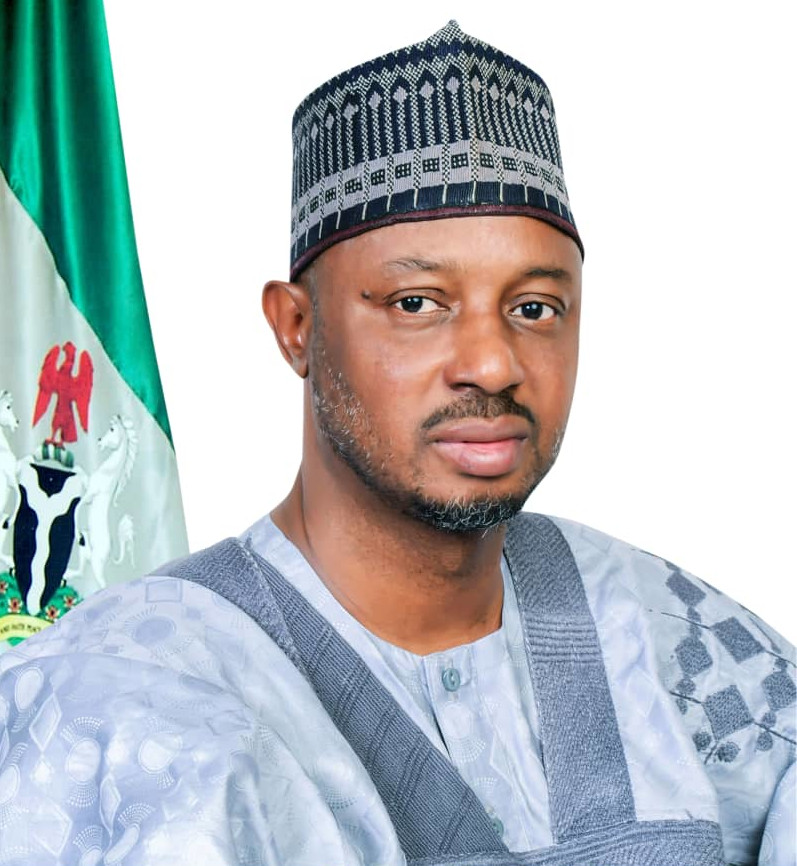The Director General of the Nigerian Institute of Transport Technology (NITT), Dr. Bayero Salih Farah, in this chat with Transport Day at the institute’s headquarters in Zaria, Kaduna state, talks about the activities of Nigeria’s foremost Transport and Logistics training and research institute.
Issues such as how the institute is contributing to manpower development, nationwide research and consultancy services were explained.
You have been on the hot seat as DG for about two years now, what progress has been made so far?
We organized a retreat in 2019, where the council, management, and stakeholders made certain decisions. We have been implementing those decisions to ensure that we position the institute on three fronts. One, provide adequate infrastructure and facilities as required by our activities. Two, revisit our programmes and update them to current realities and a reflection on the current needs of the Nigerian transport sector. And number three, build capacity in terms of human resources, including employment of new staff and training to enable them to deliver on this institute’s mandate.
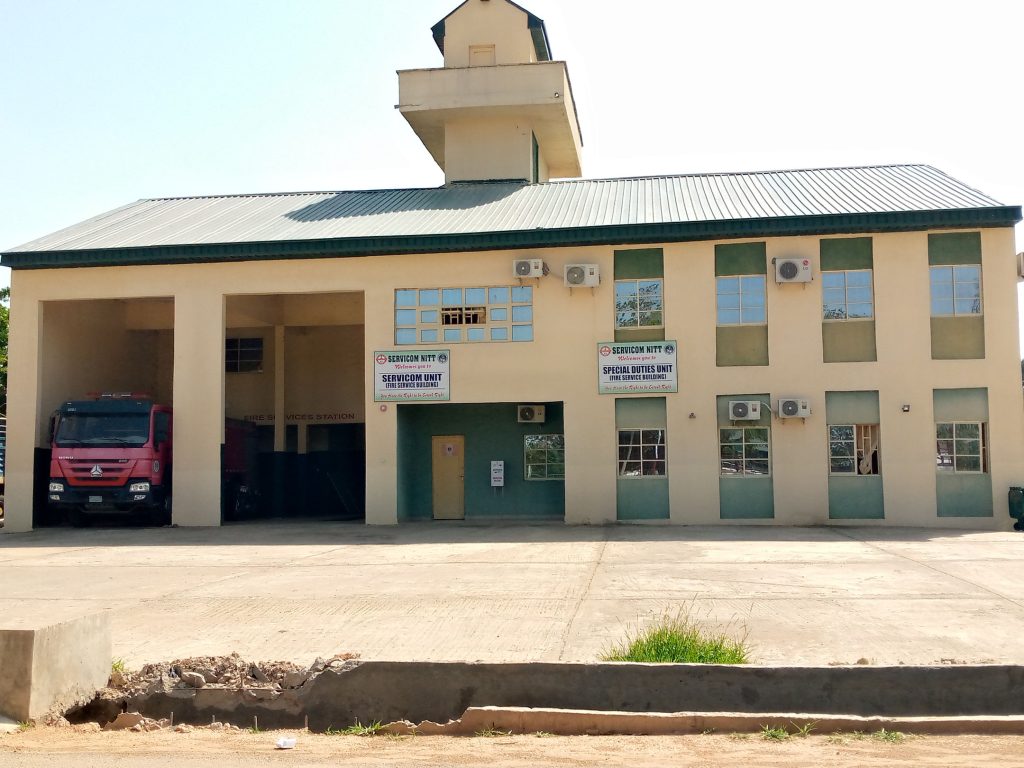
One of the cardinal responsibilities of NITT is training manpower. How have you been able to achieve this? Because I saw a report where you said that you have been able to train about 6000 people in five years.
You know we have two levels of programmes, we have short-term programmes and long-term programmes. The traditional long-term programmes we have been on since the institution’s establishment have been certificate courses, diploma courses, advanced diploma courses, postgraduate and later Master programmes. These are the programmes the institute has been implementing for a very long time. Still, later, when I came in, we realised that we could do more, so we looked at the industry and international best practices. We identified new programmes which we had to run. We approached the National Board for Technical Education, requesting approval for these programmes and last year (2021), about five were approved under the National Innovation Diploma Programme. This year (2022), additional six programmes have been approved under National and Higher National Diploma levels.
The NID Programme has started with about 80 students, and we plan to start the ND and HND programmes in January 2023. We have done the necessary administrative procedures, and we have gotten them listed under the Joint Admission and Matriculation Board, and we are waiting for January to commence the programmes.
For Both ND and HND, do you have the necessary manpower for this?
Yes, we built our capacity two years ago by increasing our faculty in various fields. We have added several resource persons, some with bachelor’s degrees and some with master’s degrees in various fields, so we have adequate capacity to run all of these programs.
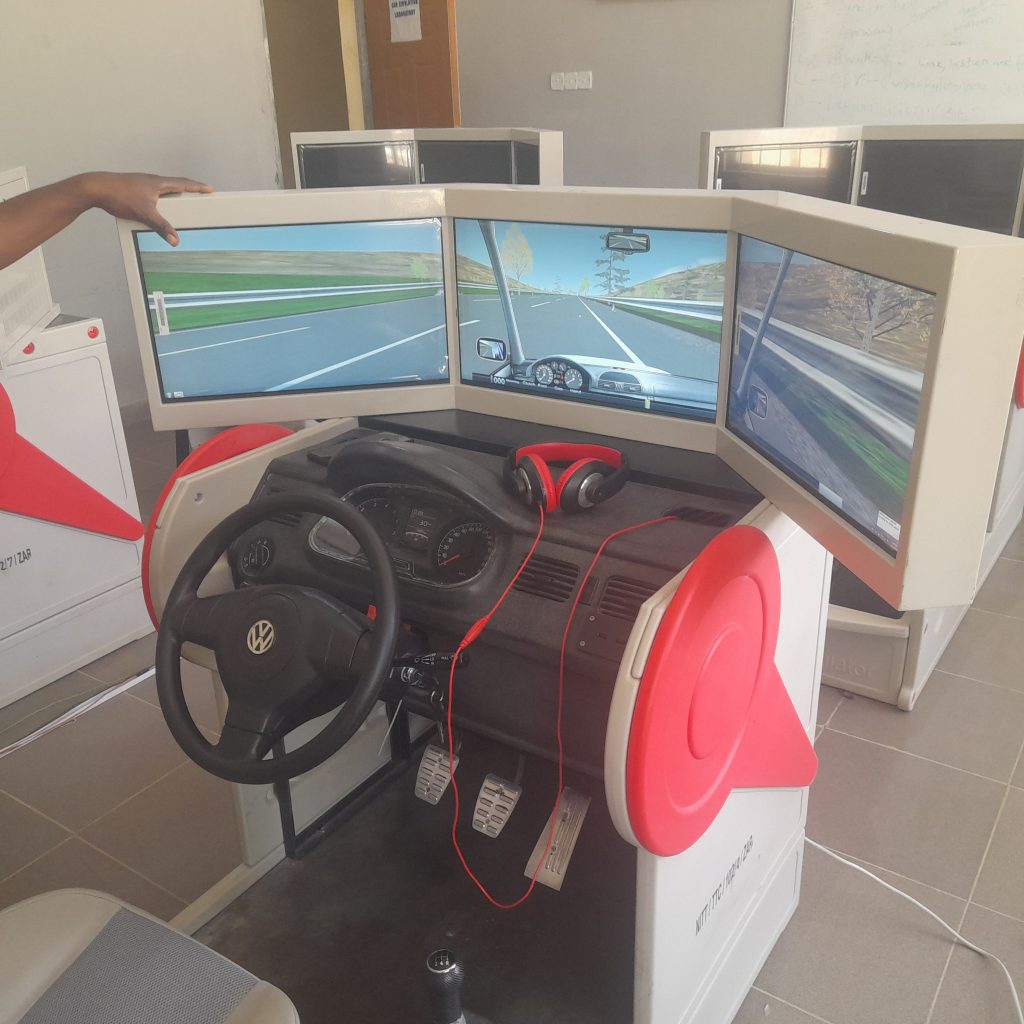
What challenges do you face?
Finance is the main issue. The other problem is that we have been trying to improve our visibility in the industry. Getting the industry to realise that training is very important and engagement of properly trained personnel is very important, so we have been trying to show our capacity and what we can do to impact the industry. Another challenge we have faced is some limitations that had to do with our enabling Act. The enabling Act we are operating on was made some 36 years ago, and since then, a lot has taken place, and we found that we needed to review it to make it in tune with current realities in the transport and logistics industry.
I know that there was a bill at the National Assembly. What is the state of it now?
The bill is still undergoing process at the National Assembly; it has undergone first and second readings in the House of Representatives. It has also gone through a public hearing; we are now at the stage of approval at the House of Representatives, after which it will go to the Senate for consideration. We thank our stakeholders for giving us maximum support in this process. The level of support we received was unprecedented.
NITT is building training centres; I saw one at Ekiti State. So apart from Ekiti, which other states do you have one and in what states are they located?
We have two categories of centres. One, we have our outreach learning centres in Abuja, Lagos, Port Harcourt, Ebonyi, Gombe, Kano State and Katsina State. We are also building one in Makurdi, Benue State.
The second category is our driver development centres. We have initiated a programme of training and development centres in the six geopolitical zones. We have started one here in Zaria, one in Ilorin and the third in Ughelli, Delta State. Work is in progress in these centres. When we complete them and have them functional, we move to the next three.
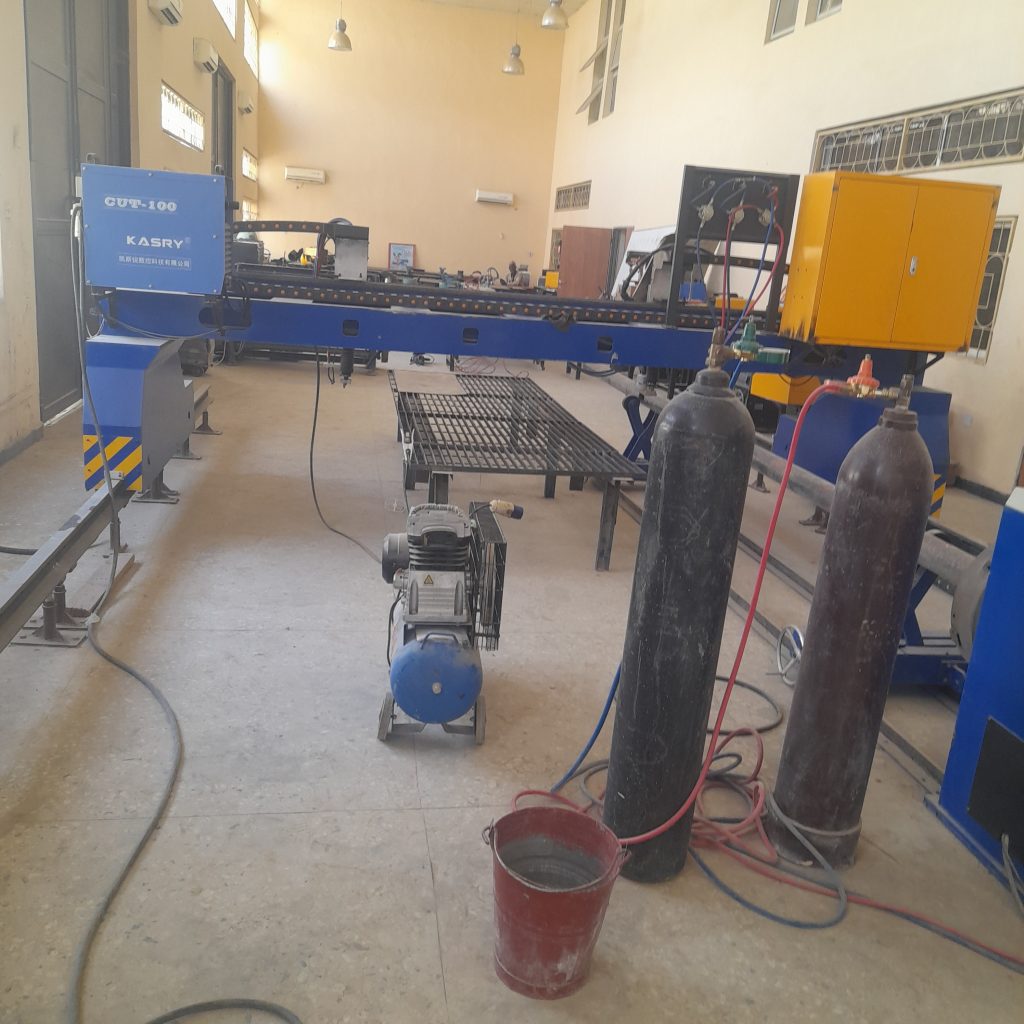
Talking about the driver’s license centres, I think it is the responsibility of NITT to certify driving schools. You seem not to be taking that responsibility and leaving it to FRSC; are you not supposed to be?
There have been issues relating to driver training, licensing and development in the country. Not that we have not taken responsibility, but we are re-strategising to ensure that what Nigeria gets is actually the best and in accordance with International best practices. We looked at what is happening at the international level, which guided us to go into the development of the driver development and training centres. We have envisioned that there is a need for a lot of input to be put in place to enable our drivers to learn properly and imbibe the skills so that we will have a safe driving environment in the country. We are not doing this alone; we are working with the Federal Road Safety Corps, and Driving School Proprietors and Associations to achieve this.
Recently, you had a working visit to the Lagos State Government, and you were talking about Transport Data collation, how far have you gone?
We have been very good partners with the Lagos State Government. We have always worked together to improve the transport system as it affects Lagos State. We have done a lot of training for the employees in LASTMA and LAMATA. Our recent visit to the Commissioner was to interact with him and the officials of the Ministry of Transport in the state to see how much more we can cooperate in enhancing transport in Lagos. We shared ideas, compared notes, and understood what efforts were needed to improve the system. Lagos state has achieved a lot. It is ahead of all other states in Nigeria in the deployment of modern systems for improving traffic. We have introduced our effort to achieve a National Integrated Data System for the Nigeria Transport sector, and we understand what the state government needs to do and what NITT is doing.
ALSO READ: Buhari Looks Forward To Nigeria Made Helicopter
You talked about the National Integrated Data System. Is it live now?
Yes, at our level, we have started. First of all, we are establishing the necessary infrastructure that will be able to get data on the operations of the system across all the modes of transport. Currently, we are setting gantries on some highways in collaboration with the Federal Ministry of Works. Lagos-Ibadan Expressway, Abuja-Lokoja Highway, Kaduna City and Basawa road here. The gantries will be equipped with cameras to capture vehicle traffic movement in real-time and 24/7.
Our vision is that these facilities will cover the whole country, and we will be able to adjust one location to monitor traffic across all Nigeria highways at every point in time. We are also discussing with the state governments how they can key into this by establishing traffic management centres in major urban areas in their states. The Traffic Management Centres (TMCs) will be equipped with state-of-the-art facilities with cameras that will work in real time, 24/7, to capture traffic movement and traffic volumes in major cities.
These TMCs will be linked to an intelligent transport centre we are establishing here in Zaria. So we will be able to know the performance of the transport industry at this centre. This is not just limited to road transport; it will also cover maritime and air transport, and we will extend it to pipeline transport.
I noticed that your institute is unique in the sense that it covers all modes of transportation. It seems because of the presence of NCAT (Nigeria College of Aviation Technology), you don’t touch so much on aviation. Is that the reason?
You know NCAT is a centre where pilots and other air employees like cabin crew and other personnel who work in the industry are trained. On our part, we have limited our scope in air transport to the operation and management of the air transport sector in the country. We train a lot of staff from the Nigeria Civil Aviation Authority, Nigeria Airspace Management Agency and the Federal Airport Authority of Nigeria. We have delineated our responsibilities, and we collaborate with the Nigeria Civil Aviation Authority and NCAT and share resources as the need arises.
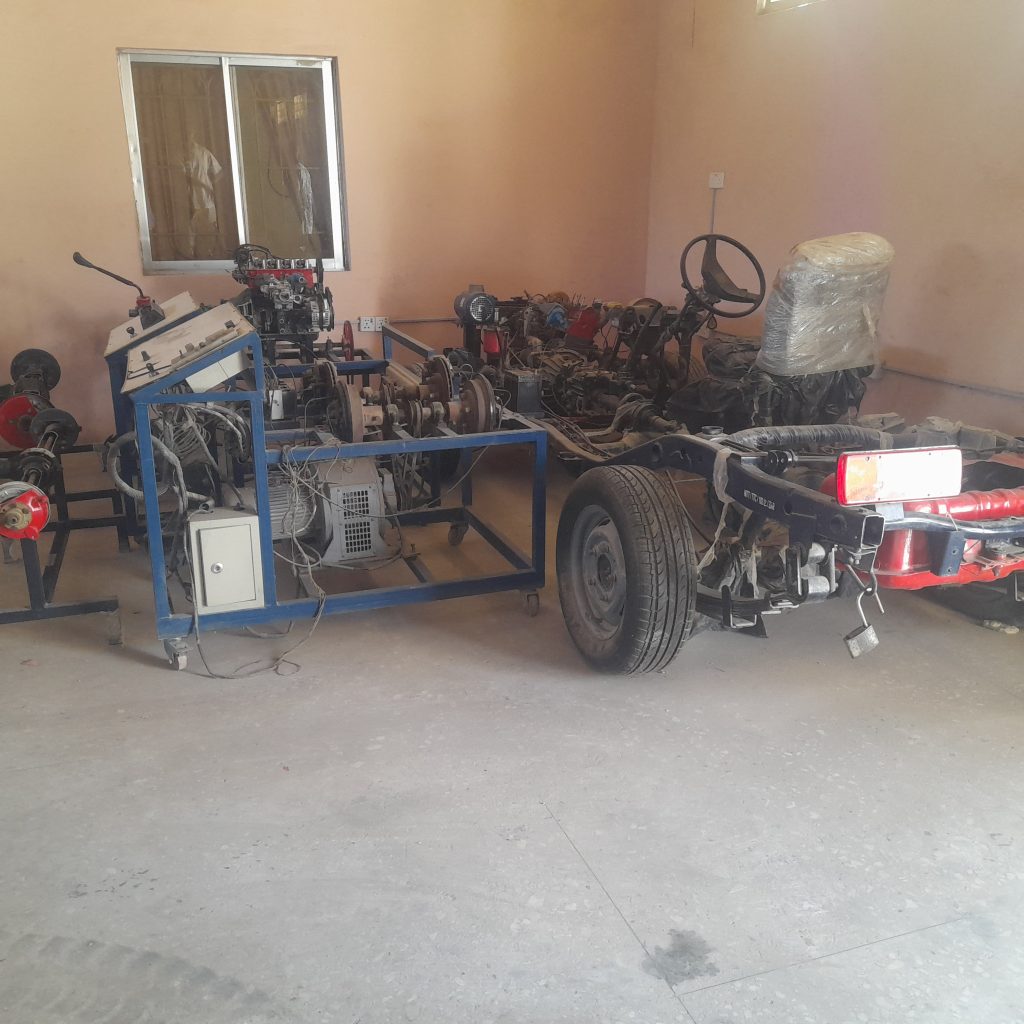
In a nutshell, what would you say is NITT’s contribution to National Development?
NITT has contributed significantly to developing the Nigerian transport sector. We have trained thousands of Nigerians in transport operations, engineering and management. Some of our trainees have become leaders in the industry, managing key transport organisations in all modes of transport. That is a significant contribution because NITT was the first institution in this country that spearheaded transport education.
After we started, other institutions like universities and polytechnics started running transport programmes. Secondly, we have also contributed a lot to developing policies for the federal and state governments in the transport sector. We have also contributed to research in various areas of transport interests for the federal government, state governments and private sector.
If you are not working, how do you relax?
What I do to relax is watch programmes on TV, particularly watching sports and movies. That is how I relax.

